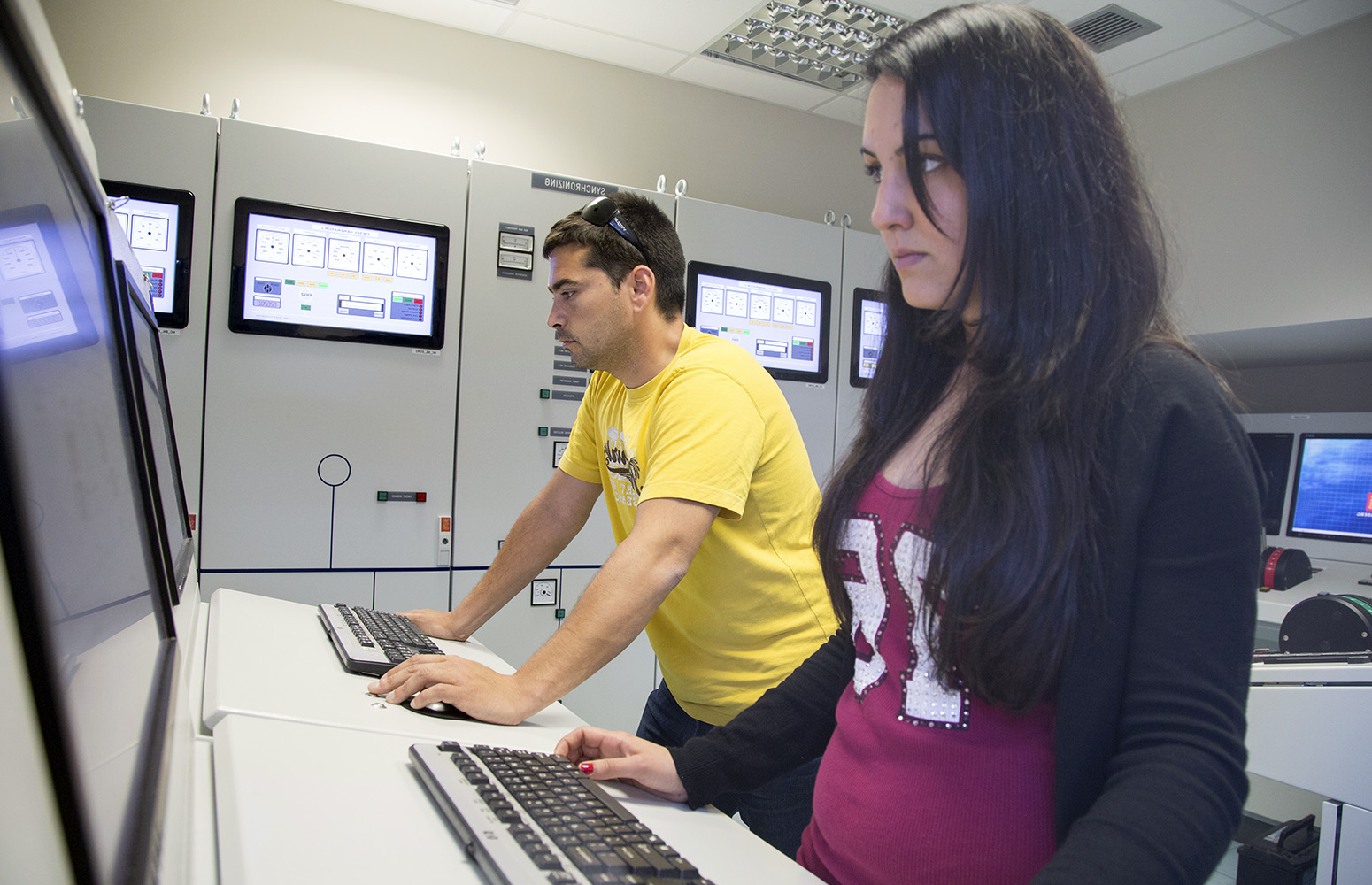Teba González, the author of the thesis entitled Dieta sin gluten en EnfermedadCelíaca: efecto en el estado de salud, ingesta dietética y calidad de vida(Gluten-free diet in Coeliac Disease: effect on state of health, dietary intake and life quality), has observed among patients a certain tendency to give up healthy habits (eating first courses, pulses, pasta, rice, etc.) and to consume more fat, and more sugar (sausage, sweet things, etc.).However, the nutritional state of the coeliacs studied did not substantially differwith respect to that of the general population.
-

Ereño Gorria kareharria da mundu mailako ondarea osatzen duten 50 harrietako bat
-

20.000 lagun inguruk egin dute aurretiazko izen-ematea UPV/EHUn gradu ikasketak egiteko
-

% 92ko okupazioa UPV/EHUko graduatuen artean
-

Aurkitu dute nola kontrolatzen eta gobernatzen dituzten zelulek beren lekualdatzeak
-

103 master ofizialek eta berezko 72 tituluk osatuko dute UPV/EHUren 2024-2025eko eskaintza
Significant deficiencies have been found in the diet of coeliacs
The gluten-free diet of this group tends to be characterised byexcessive fat and lack of fibre, according to a study by the UPV/EHU-University of the Basque Country
- Research
First publication date: 13/08/2015

Gonzalez pointed out that, "broadly speaking, no differences have been observed as far as height, weight, nutritional state, etc., are concerned, between the group of patients targeted by the study and the control group, in other words, the group representing the general population selected for the comparative study.What we did see was that the food of the coeliacs tended to be pretty inadequate.
When analysing the nutritional balance we defend (percentage of carbohydrates, at least 50 %; proteins, between 12 and 15 %; fats less than 35 %, etc.), we can see that the percentage of carbohydrates is taken by fats and the other way round."According to Teba González, "carbohydrate (CH) consumption is very low, above all complex CHs, while that of simple ones is very high.We also observed a certain deficiency in fibre intake.This drew my attention as this is a group that is concerned about what they eat; I expected the diet of coeliacs to be better".
The researcher highlights the problems of coeliacs when it comes to eating:"They have to be constantly checking the labels of what they eat, to see whether or not the foods contain gluten, whether they contain this or that.Their lives would need to be made easier in this respect, things would need to be made easier for them (the large supermarkets, for example).And one would have to ensure that the products they consume are controlled without making them more expensive.And the professionals involved in the matter should stress the need to stick to a suitable diet.Well-trained, motivated nutritionists are needed, ones that are concerned not just with ensuring that coeliacs not only stick to their diet, but that it should be as complete as possible, that they should eat potatoes, rice, bread (wholemeal, of course), etc."
Women, the most vulnerable group
Low fibre intake is even more marked in women with coeliac disease, according to the author of the study, who added the following piece of data."The lack of zinc, iron, vitamin D and potassium in women with coeliac disease was higher than in the male patients".
In the area of "life quality", too, women are the most vulnerable group, stressed González, who pointed out that "in coeliac disease there is a majority of women; it is an autoimmune disorder that is more prevalent in women.The areas in which they suffer most are the emotional and social ones:that sensation of the patient having to worry about his/her food all the time, not being able to eat the same as everyone else, etc. In the end, you never forget you are ill, and whenever you eat you have to make sure that the foods are not 'contaminated', etc."
The study was carried out with coeliac patients diagnosed at University Hospital Cruces who had been treated for at least 15 years with a gluten-free diet.100 patients who had been diagnosed with coeliac disease participated and various questionnaires were used to assess dietary intake, state of health, sticking to the gluten-free diet and the quality of life relating to health. The results were compared with those of the general population having identical characteristics in terms of average age and distribution by sex.
Additional details:
PhD thesis (Dieta sin gluten en EnfermedadCelíaca: efecto en el estado de salud, ingestadietética y calidad de vida-Gluten-free diet in Coeliac Disease: effect on state of health, dietary intake and life quality) written up in 2014 and supervised by Dr Luis Castaño-González (scientific director of the BioCruces Institute of Research) and Dr Juan Carlos Vitoria-Cormenzana (head of the Paediatric Gastroenterology Service of University Hospital Cruces).


